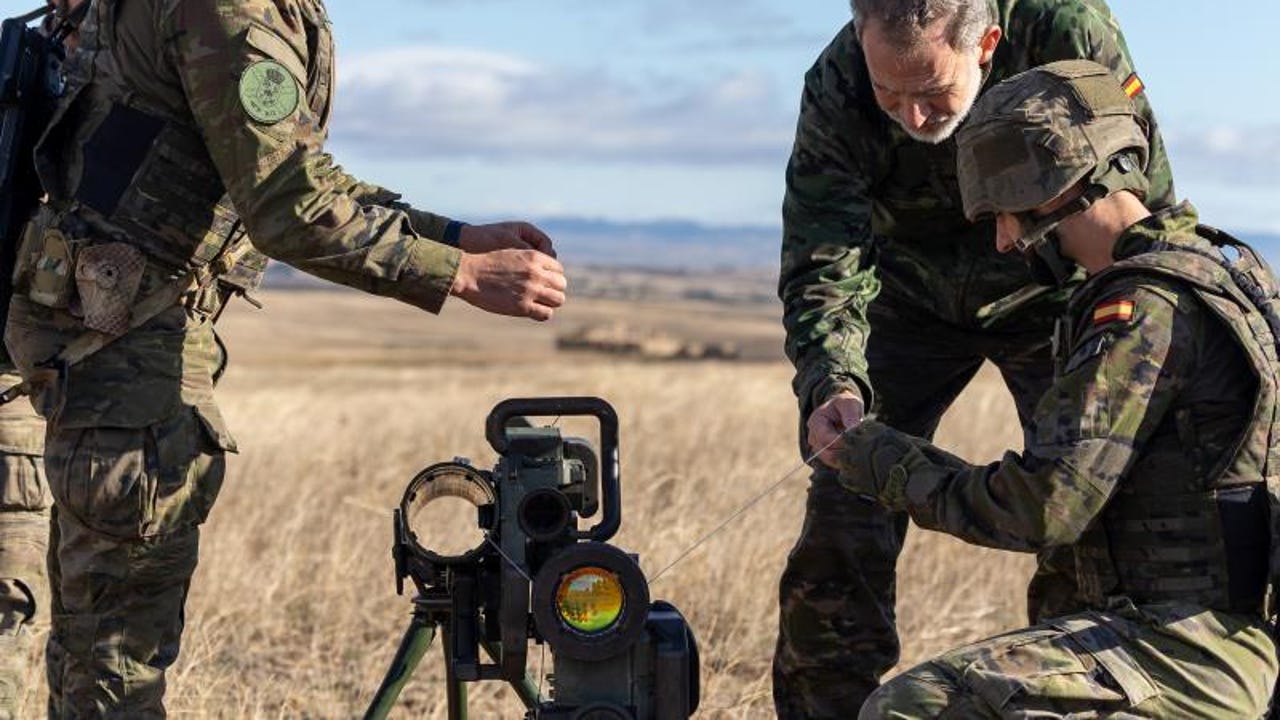The Supreme Court has proposed to judge the State Attorney General on Monday, Álvaro García Ortizfor an alleged crime of revelation of secrets by the filtered mail of the defense of the couple of Isabel Díaz Ayusothe businessman Alberto González Amadorin which he admitted the commission of two fiscal fraud crimes. In this way, it becomes the first attorney general of the State processed in the history of democracy.
Next to him, the provincial prosecutor of Madrid, Pilar Rodríguezwho last week asked for the dismissal of the cause against her. However, the instructor magistrate, Ángel Hurtado, does observe indications of crimes by highlighting that said email contained “sensitive information regarding aspects and personal data of a citizen, in a private conversation between lawyer and fiscal that is subject to reserve and confidentiality criteria.”
“A frantic exchange of communications” at instances “of the Presidency”
Thus says the self -transformation of abbreviated procedure in which the magistrate also points to that it can be presumed that García Ortiz acted under “indications received from the presidency of the Government (…) in order to win the story”, which defines “political”, in the face of the information of the world that indicated that the Prosecutor’s Office would be offering an agreement in accordance with the businessman.
From there “a dynamic of A frantic communications exchange Among different prosecutors, mainly through (…) WhatsApp, to prepare an answer, and make it clear that (…) the Prosecutor’s Office had not offered any pact. “issue that for Hurtado is of” little relevance “, specifically,” from whom the initiative had arisen to reach an agreement in an agreement in criminal conformity. “
While there have been no messages with executive members, because García Ortiz already admitted that he frequently erased his communicationsHurtado considers proven the intervention of Moncloa in the fact that on the morning of March 14 the mail was in possession of the chief of Cabinet of Oscar López, Pilar Acera, which in that one held the headquarters of the team of President Pedro Sánchez. An email that was also in possession of the Secretary of State for Communication, Francesc Vallès.
From Moncloa to Lobato
From there, says the magistrate, who arrived at López’s predecessor at the head of the PSOE of Madrid, Juan Lobatowho was sent this email to take it that morning at the Madrid Assembly where he headed the opposition of regional president Díaz Ayuso. Precisely, the socialist brought these messages before a notary, which led him to testify in the high court and leave the General Secretariat of the Madrid socialists.
In addition, the magistrate considers that “the filtration calls into question the prestige of the institution” when presenting “undoubted harmful effects on the fundamental right of defense of the affected.” Something that in the eyes of Hurtado “was assumed by the investigated, from the moment (…) they give him advertising that he should not reach, as he reached, when he left the reserve scope for which he was conceived.”
The hours do not fit, the testimonies either
At this point, however, it should be noted that according to the summary, Alberto González Amador’s complete file arrives at the State Attorney General on March 13 at 21.59. Just ten minutes later, the laSexta website published that it was the defense of the businessman who offered an agreement of conformity and not vice versa. Time clearly insufficient so that García Ortiz had leaked the informationbut Hurtado obvia.
In fact, at that time the chief of the cabinet of Ayuso, Miguel Ángel RodríguezI had already spread that otherwise, as the world had misrepresented. Issue that is also ignored by the magistrate, as well as the testimony of other journalists in which they maintain that they had access to information hours before the prosecutor received those emails.



